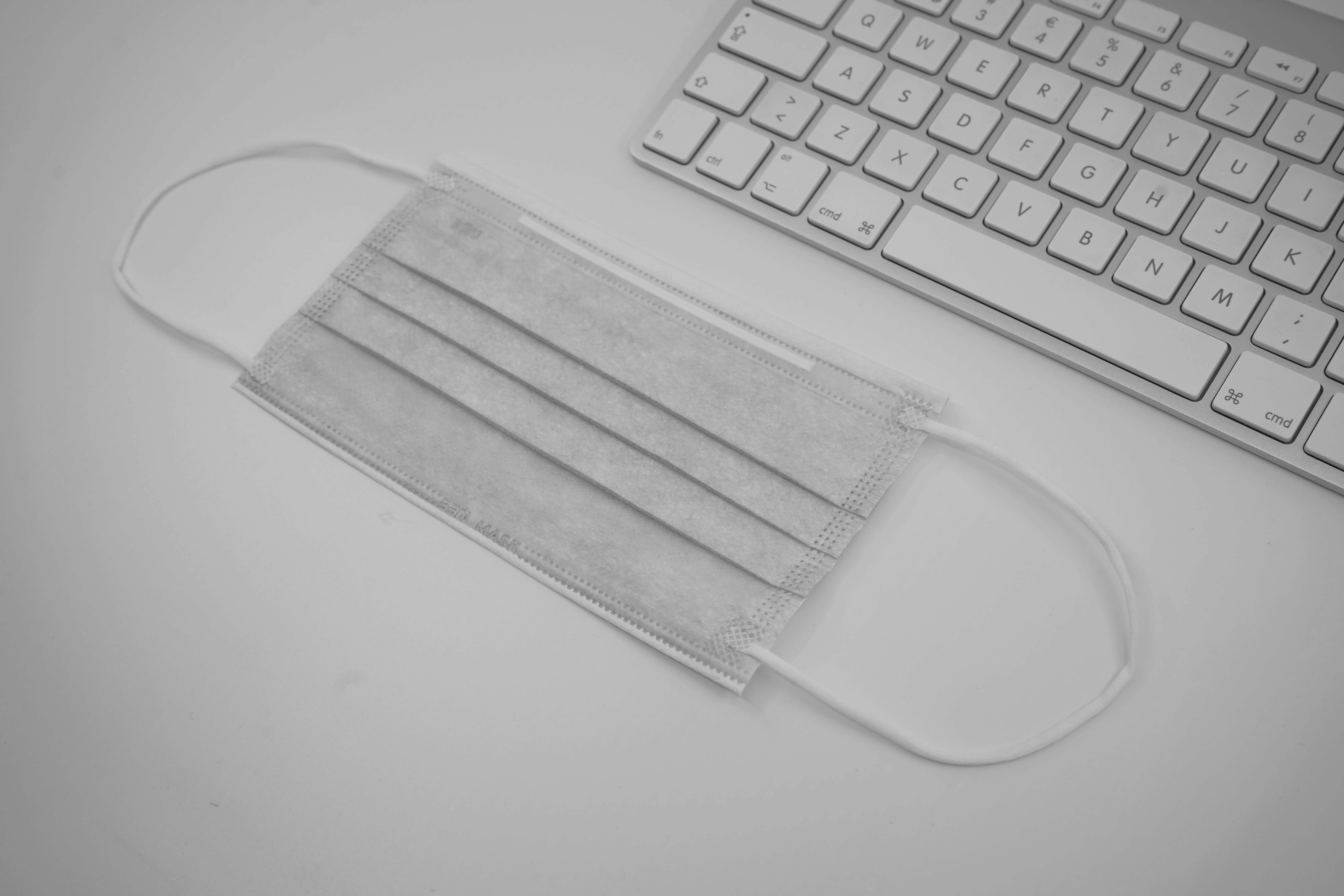Another Alternative Fee Arrangement Bites the Dust
On March 16, 2016, Judge Shannon of the U.S. Bankruptcy Court for the District of Delaware rejected a proposed fee structure for Baker Botts L.L.P., which was proposed counsel to the debtors in In re New Gulf Resources, LLC. His ruling is the latest development from that court on the U.S. Supreme Court’s decision in Baker Botts L.L.P. v. ASARCO LLC, which held that (1) the American Rule, under which “[e]ach litigant pays [its] own attorney’s fees, win or lose, unless a statute or contract provides otherwise,” controls awards of attorney’s fees and (2) Section 330(a)(1) of the Bankruptcy Code, which does not permit a court to award fees and expenses that a professional incurs defending its own fee application, is not a statute that provides otherwise. His decision also follows Judge Walrath’s recent opinion in In re Boomerang Tube, Inc.,¹ which held that Section 328(a) does not permit a court to approve terms and conditions of employment that require an estate to pay fees and expenses that are not for services to it or its fiduciaries.
In In re New Gulf Resources, LLC, while seeking authority to employ Baker Botts, the debtors also requested approval of the following fee arrangement: (1) fees that New Gulf Resources, LLC and its three affiliates incurred while they are debtors would be increased by ten percent, and (2) the firm would waive its right to this premium if it did not incur material fees and expenses defending its fee applications.
In response to the proposed fee structure, Judge Shannon issued a letter stating that he “ha[d] carefully considered the [Boomerang Tube] Opinion and agree[d] with its holding (including comments contained in Footnote 6 of the Opinion applying its rationale to the retention of debtors’ counsel).” Judge Shannon later invited Baker Botts to submit an additional brief in support of the debtors’ application, and the firm did so.
Baker Botts, who was also the petitioner in Baker Botts L.L.P. v. ASARCO LLC, responded to Judge Shannon’s letter by distinguishing the proposed fee premium from the indemnification at issue in In re Boomerang Tube, Inc. Baker Botts also argued that barring it from discounting its services when its costs, including those incurred defending its fee applications, are less than expected would hurt all debtors.
Recently, in a letter dated March 16, 2016, Judge Shannon rejected those arguments:
Having reviewed the brief and the original application, I stand by my earlier determination that the structure proposed by Baker Botts runs afoul of the holdings in Asarco and Boomerang Tube. While I acknowledge the creative approach to the issue, I do not find that there is a meaningful distinction between the Fee Premium proposed here and the matters considered and ruled upon in Boomerang Tube.
Judge Shannon effectively determined that the Court could not approve any provision that varies the fees and expenses to which a professional is entitled based on whether it has incurred fees and expenses defending its fee applications.
To date, courts have not allowed professionals to expressly shift the risk of objections to their fees and expenses to bankruptcy estates. Simply put, contrary to Section 328(a) of the Bankruptcy Code, the U.S. Supreme Court has put lower courts in the business of policing the form of compensation and reimbursement.
We will continue to report on developments on Baker Botts L.L.P. v. ASARCO LLC as additional decisions are made.
¹This opinion was the subject of an earlier blog post on February 8, 2016.
No aspect of this advertisement has been approved by the highest court in any state.
Results may vary depending on your particular facts and legal circumstances.
As the law continues to evolve on these matters, please note that this article is current as of date and time of publication and may not reflect subsequent developments. The content and interpretation of the issues addressed herein is subject to change. Cole Schotz P.C. disclaims any and all liability with respect to actions taken or not taken based on any or all of the contents of this publication to the fullest extent permitted by law. This is for general informational purposes and does not constitute legal advice or create an attorney-client relationship. Do not act or refrain from acting upon the information contained in this publication without obtaining legal, financial and tax advice. For further information, please do not hesitate to reach out to your firm contact or to any of the attorneys listed in this publication.
Join Our Mailing List
Stay up to date with the latest insights, events, and more



